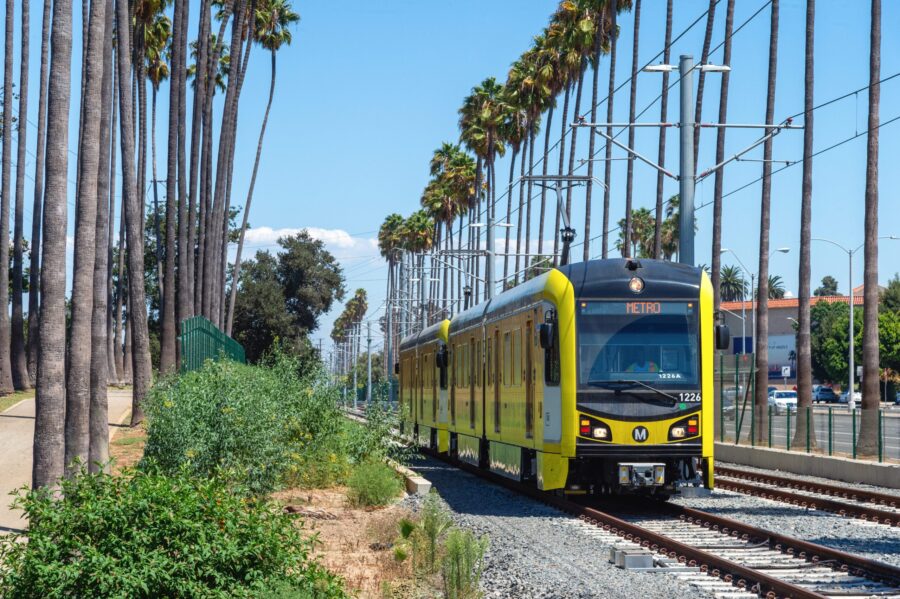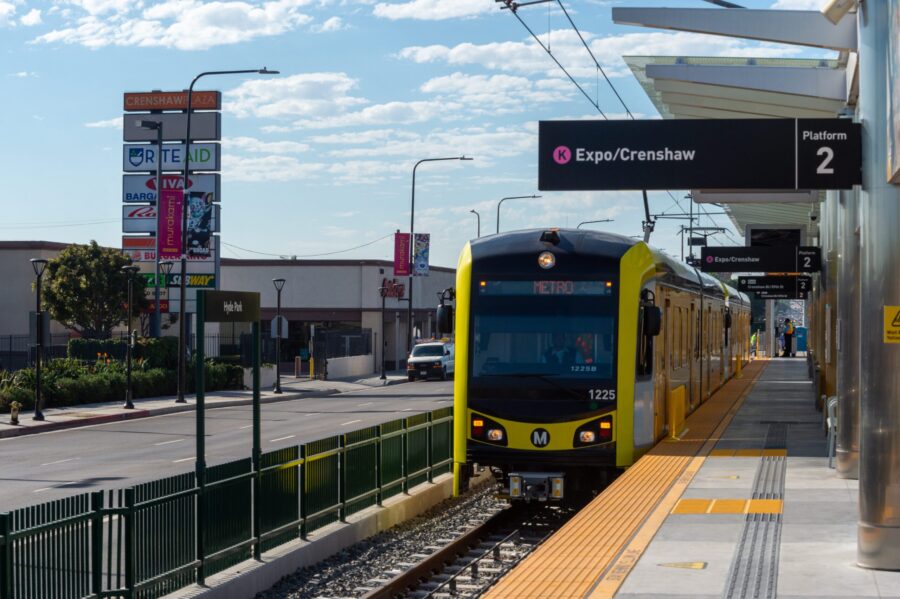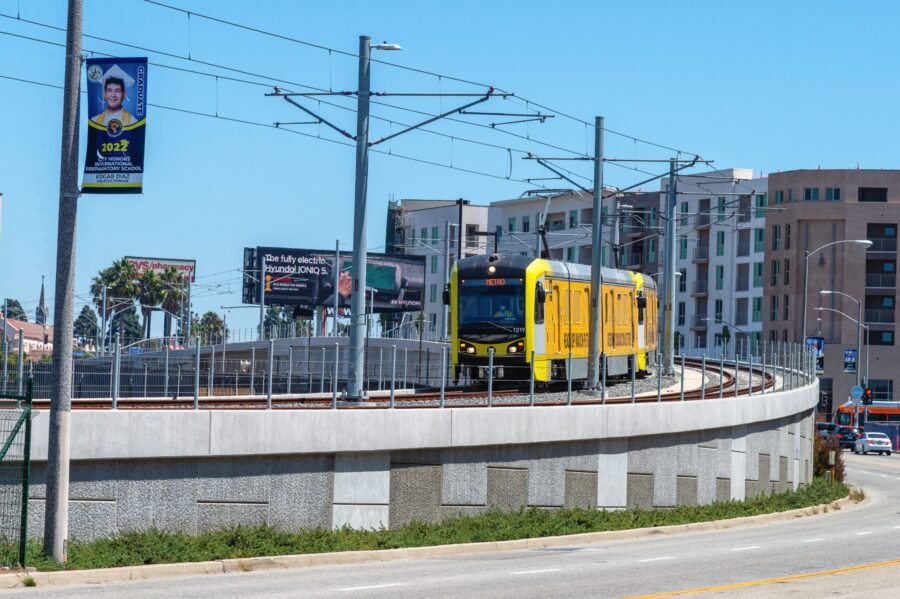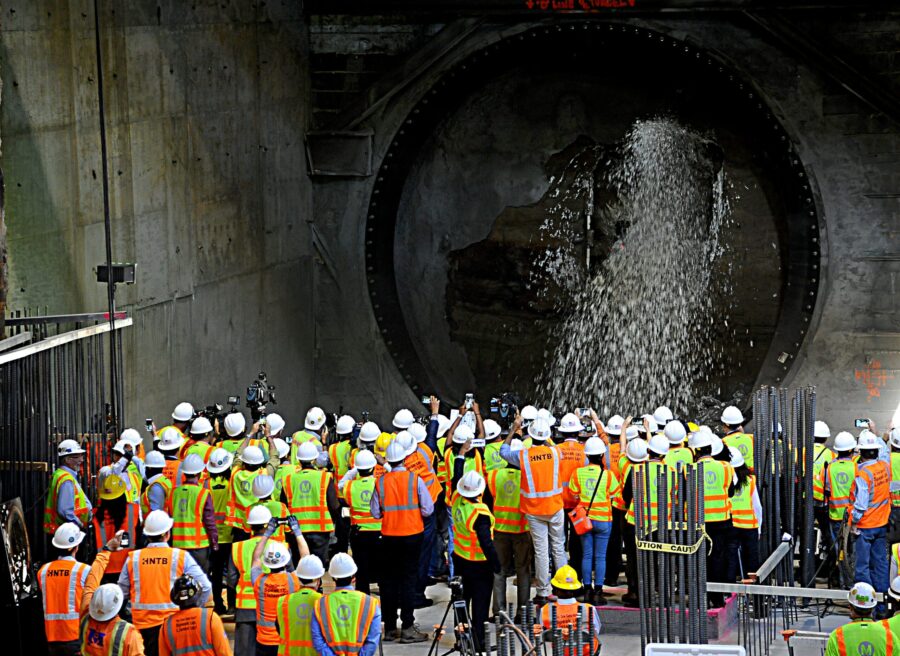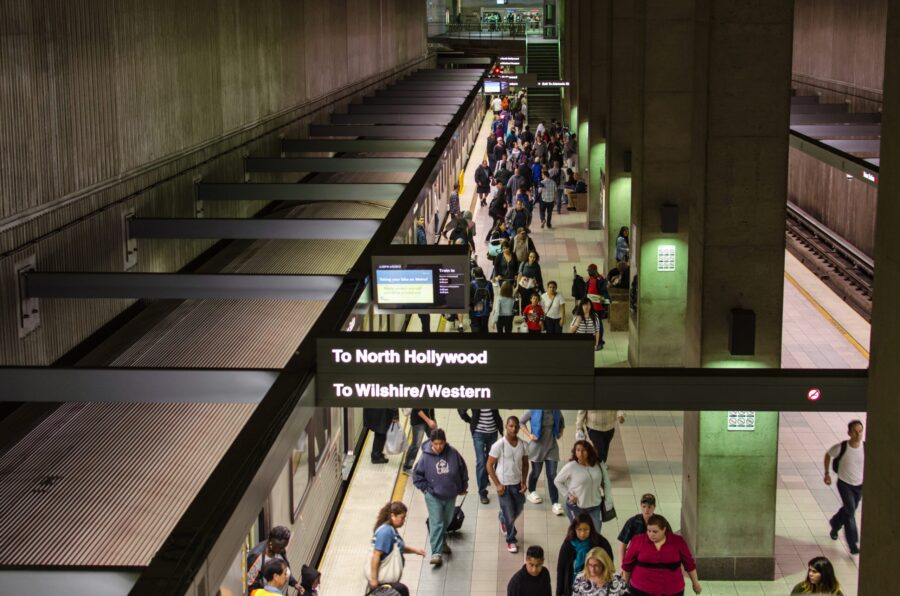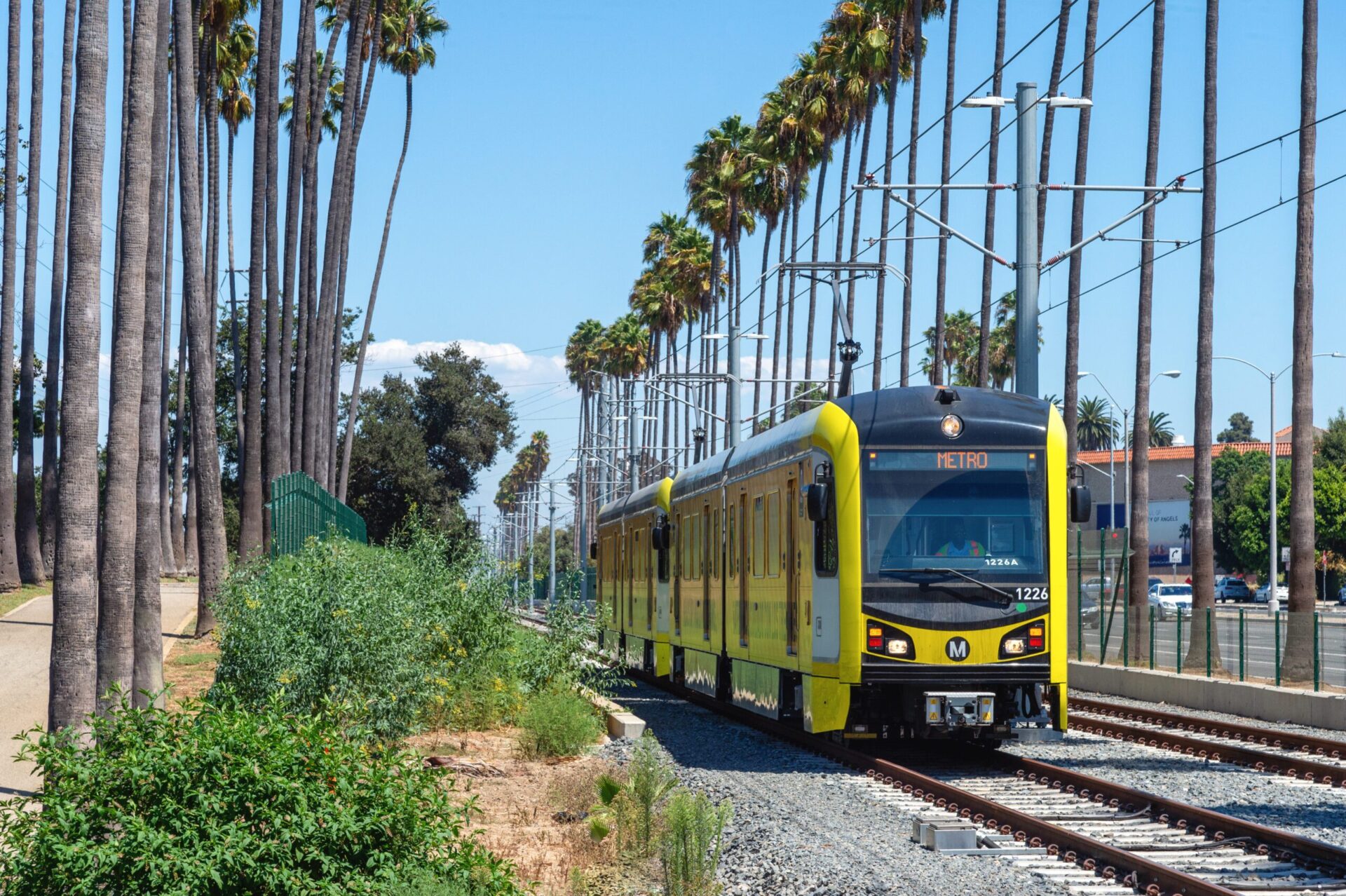
Location Los Angeles, CA
Client Los Angeles County Metropolitan Transportation Authority's (Metro)
Services Program Management
Project Value $30 Billion
Hill provided program and project control services to Los Angeles County Metropolitan Transportation Authority (Metro) for their 30-year, $30 billion capital development program. The program comprises hundreds of rail transit, commuter rail, highway, and transit facility projects throughout the Los Angeles area. Most projects employed design-build delivery and other expedited project delivery approaches.
For the overall program, Hill provided qualified cost engineers, analysts, schedulers, estimators, and document control staff to Metro on a full- and part-time basis. These professionals worked hand-in-glove with their Metro counterparts in reviewing project management plans; reviewing risk management assessments; reviewing required staff resources; and providing budget, cost, and claims management. In addition, Hill helped Metro establish program management procedures, identify best practices for project management, train project managers, and build a customized project management information system (PMIS).
For individual project assignments, Hill formulated budgets, provided independent cost estimates, developed project schedules, and supported project document and configuration management systems. A key element of Hill’s project controls work for Metro’s program was the deployment of PMIS software. The Hill team used PMIS to maintain project schedules and budgets, track project status, record change orders, and generate and distribute monthly reports for both internal and public review.
Specific projects included:
Universal City Station Pedestrian Bridge: Located at the intersection of Lankershim Boulevard and Universal Hollywood Drive, the Universal Pedestrian Bridge offers safe and convenient pedestrian access in the area surrounding Metro’s B (Red) Line Station and the Universal Studios Shuttle Stop. The project provided various benefits to the community including access to three corners of intersection plazas fitted with escalator, stair, and elevator facilities at these corners as well as pedestrian lighting along the entire length of the bridge and at plaza levels. The project enhances safety with the elimination of pedestrian traffic across Lankershim Boulevard and minimized traffic at Universal Terrace Drive as well as greater overall relief of traffic congestion. The visually light and transparent architectural appearance has an open-air, “roofless” design with covered escalator and stairs. In addition, the project conforms to all Americans with Disabilities Act (ADA) standards.
Crenshaw/LAX Rail Transit Corridor (K Line): This $2 billion north-south light-rail line serves the cities of Los Angeles, Inglewood, Hawthorne, and El Segundo as well as portions of unincorporated Los Angeles County. Extending from the intersection of Crenshaw and Exposition Boulevards to a connection with the Metro C (Green) Line south of Aviation/Los Angeles International Airport (LAX) Station, the 8.5-mile alignment features a double-tracked rail line comprising at-grade in-street, at-grade within railroad right-of-way, elevated, and below-grade guideway sections; seven stations, including elevated, at-grade, and underground facilities; two park-and-ride facilities; a maintenance and storage facility; bike racks and lockers; public art at all the new stations; and utilities, landscaping, roadway improvements. Having commenced operations in fall 2022, the K Line provides critical connections with LAX as well as links to the C Line, the E (Expo) Line, and the countywide bus network. Work on two additional stations, Aviation/Century Station and LAX/Metro Transit Center Station, is in progress. Aviation/Century Sation is expected to conclude in fall 2023, LAX/Metro Transit Center Station by late 2024.
D (Purple) Line Extension: The $7.2 billion D Line Extension Project provides a high-capacity, high-speed, dependable alternative for commuters to travel between downtown Los Angeles and Westwood. The project is expected to reduce reliance on automobiles, roadway congestion and deterioration, and travel times, as well as offering environmental benefits with fewer motorists emitting pollutants in the area. Metro also envisions an increase in overall ridership on the entire Metro rail system with an estimated 49,000 passengers per day at new D Line stations west of the existing Wilshire/Western Station. Funding for the D Line Extension comes from local funds, Federal funds, and Federal loans. The Hill team managed funds to keep phases on schedule and within the prescribed budget and tracked all expenditures per Federal Transit Administration (FTA) requirements.
Photos: https://www.metro.net/
We and use cookies and other tracking technologies to improve your experience on our website. We may store and/or access information on a device and process personal data, such as your IP address and browsing data, for personalised advertising and content, advertising and content measurement, audience research and services development. Additionally, we may utilize precise geolocation data and identification through device scanning.
Please note that your consent will be valid across all our subdomains. You can change or withdraw your consent at any time by clicking the “Consent Preferences” button at the bottom of your screen. We respect your choices and are committed to providing you with a transparent and secure browsing experience.
| Cookie | Duration | Description |
|---|---|---|
| cookielawinfo-checbox-analytics | 11 months | This cookie is set by GDPR Cookie Consent plugin. The cookie is used to store the user consent for the cookies in the category "Analytics". |
| cookielawinfo-checbox-functional | 11 months | The cookie is set by GDPR cookie consent to record the user consent for the cookies in the category "Functional". |
| cookielawinfo-checbox-others | 11 months | This cookie is set by GDPR Cookie Consent plugin. The cookie is used to store the user consent for the cookies in the category "Other. |
| cookielawinfo-checkbox-necessary | 11 months | This cookie is set by GDPR Cookie Consent plugin. The cookies is used to store the user consent for the cookies in the category "Necessary". |
| cookielawinfo-checkbox-performance | 11 months | This cookie is set by GDPR Cookie Consent plugin. The cookie is used to store the user consent for the cookies in the category "Performance". |
| viewed_cookie_policy | 11 months | The cookie is set by the GDPR Cookie Consent plugin and is used to store whether or not user has consented to the use of cookies. It does not store any personal data. |

